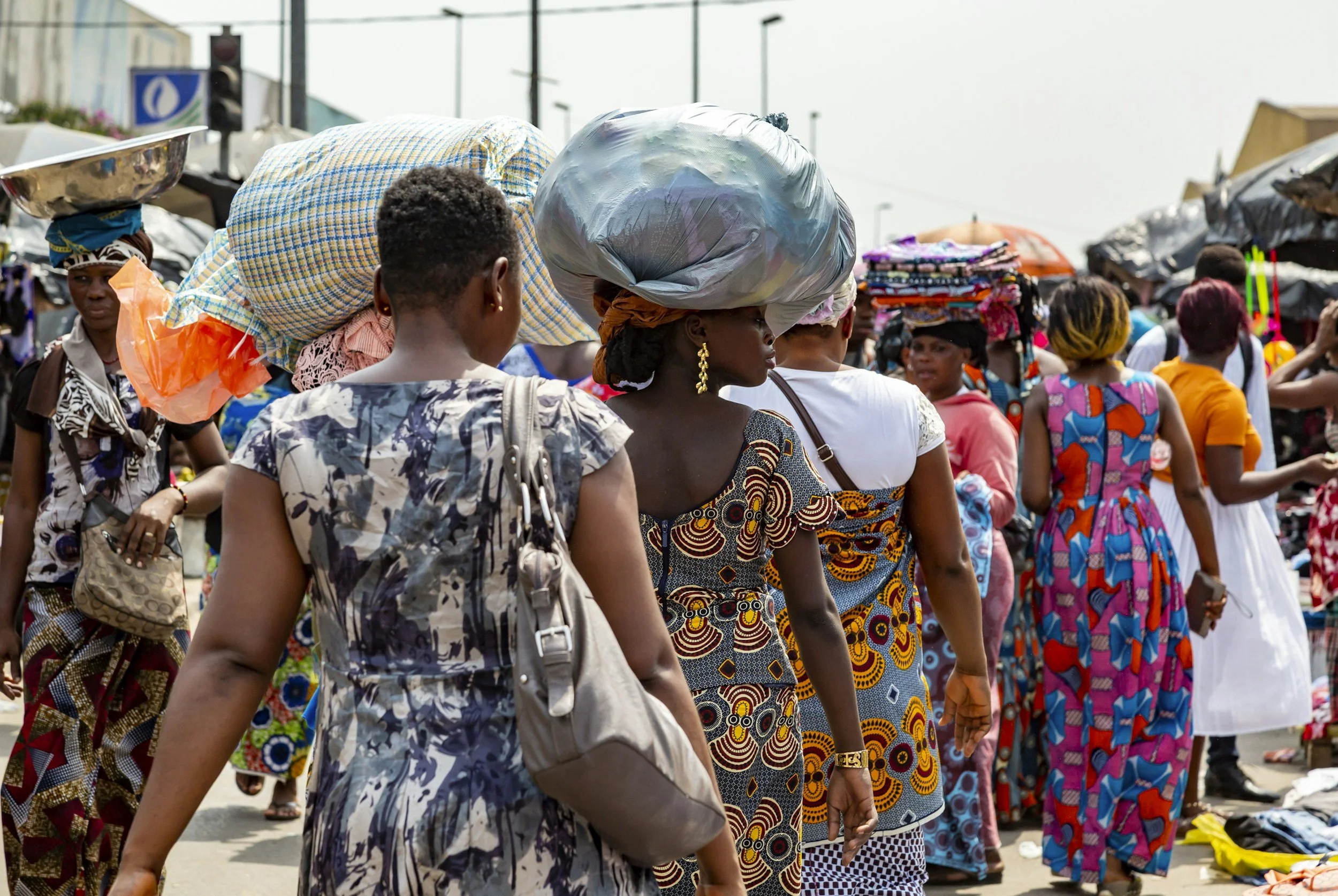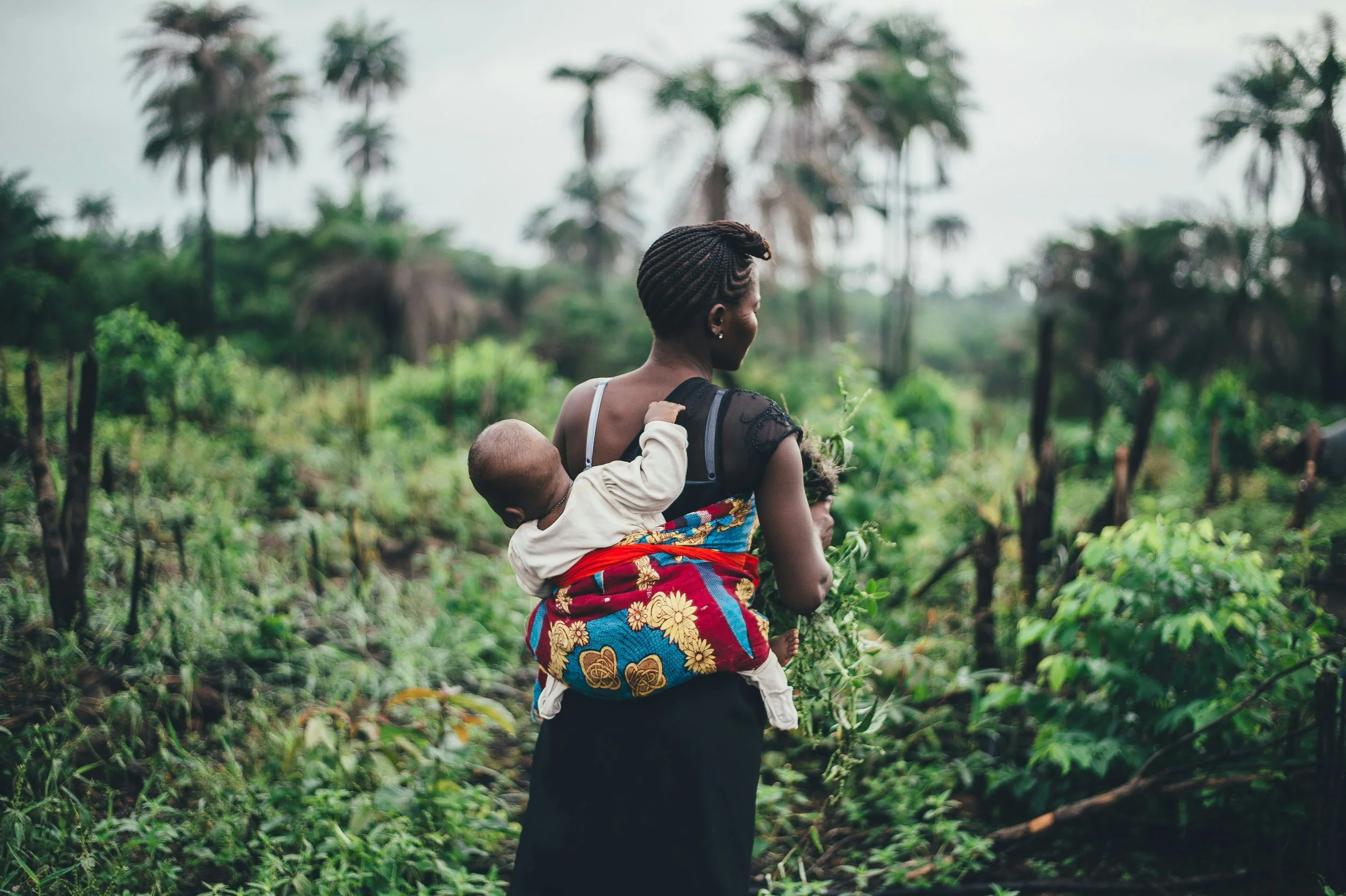
Preventing victimization & empowering self-reliance
While anyone can fall victim to trafficking, the vast majority of victims are vulnerable women and children.
Primary vulnerability factors include poverty, lack of opportunity, previous abuse, mental or physical disability, political instability, and more.
After surviving horrific abuse during their exploitation, these previous vulnerabilities do not disappear but are often exacerbated. This leads to cycles of victimization.
We work to prevent both initial and continued victimization through a holistic approach to prevention and empowering self-reliance focused on comprehensive business development and case management programs.
A holistic approach to preventing victimization
We minimize the cycles of victimization by providing comprehensive case management to address a variety of needs including: physical health, safe shelter, emotional health, school scholarships for children, financial management, and the strengthening of their family structures.
This emphasis on holistic wellbeing minimizes vulnerability factors, equipping survivors for a future free from exploitation.
The path to self-reliance
Through our robust job readiness and business development programs, we equip survivors to establish successful business entities and earn a living wage. We do this through individual training and coaching on budget management, leadership development, crucial skill building, people management, and more.
Not only does this allow survivors to achieve financial self-sufficiency, but also allows survivors to grow their businesses and provide jobs for others, creating a ripple effect of freedom.
Looking ahead to 2026:
Empowering Communities through Enterprise
We are thrilled to announce a groundbreaking initiative set to launch in 2026: the opening of a Boda Boda Supercenter in Kampala. This social enterprise is not only an exciting business venture but also a vital step towards the financial sustainability of Suubi Oak Restoration. The Supercenter will offer the community a one-stop destination for:
Boda Boda spare parts: Providing access to essential maintenance supplies.
Washing and repair services: Ensuring the upkeep of these crucial transportation vehicles.
Food services: Offering a convenient space for boda boda drivers and the community.
Crucially, 50-70% of the positions within the Boda Boda Supercenter will be reserved for survivors, providing them with meaningful employment and opportunities to develop valuable business skills. This initiative embodies our multi-faceted approach to empowerment, fostering both economic independence and community integration.
Join our mailing list in the footer to stay up to date with our progress!





